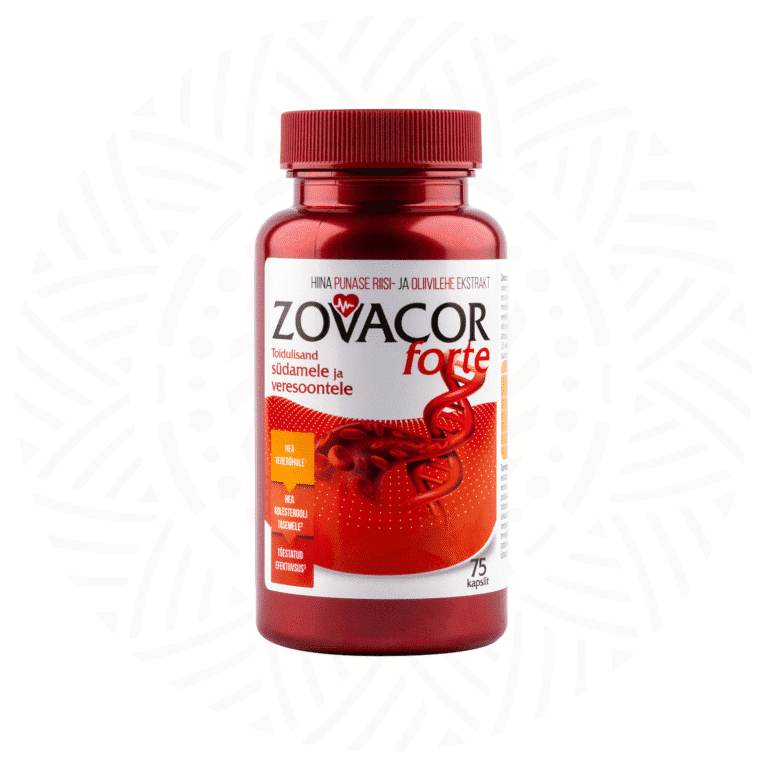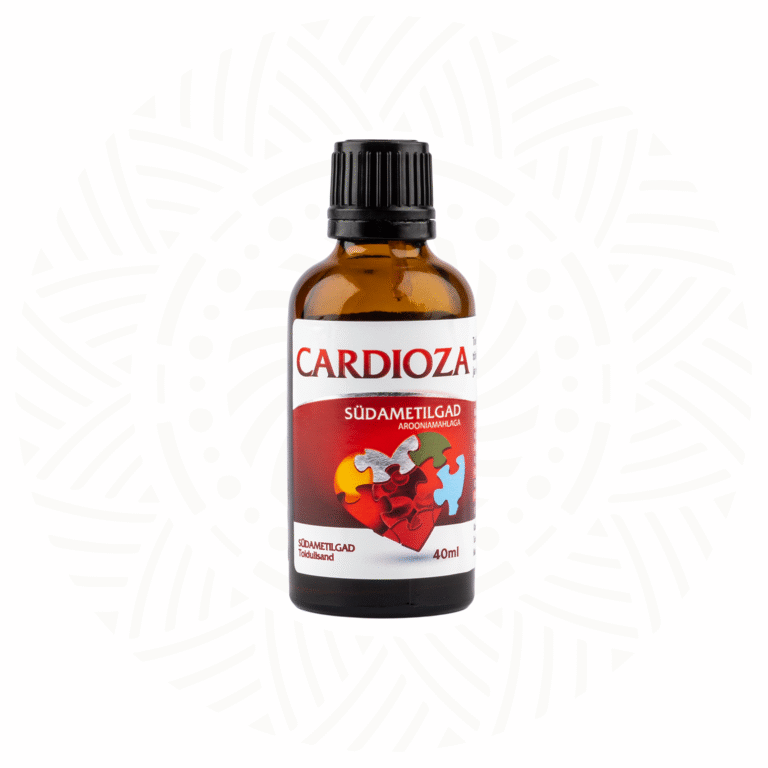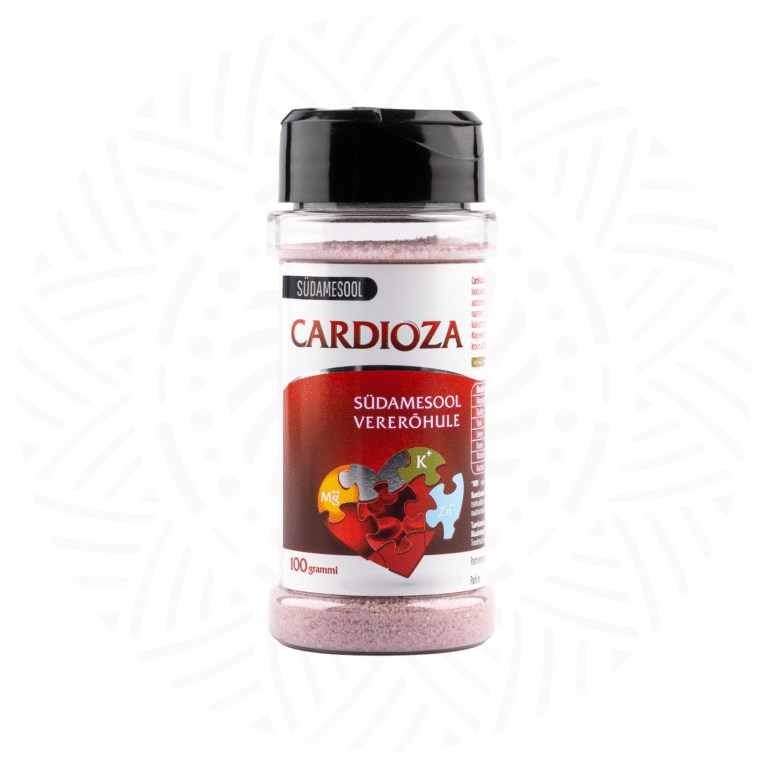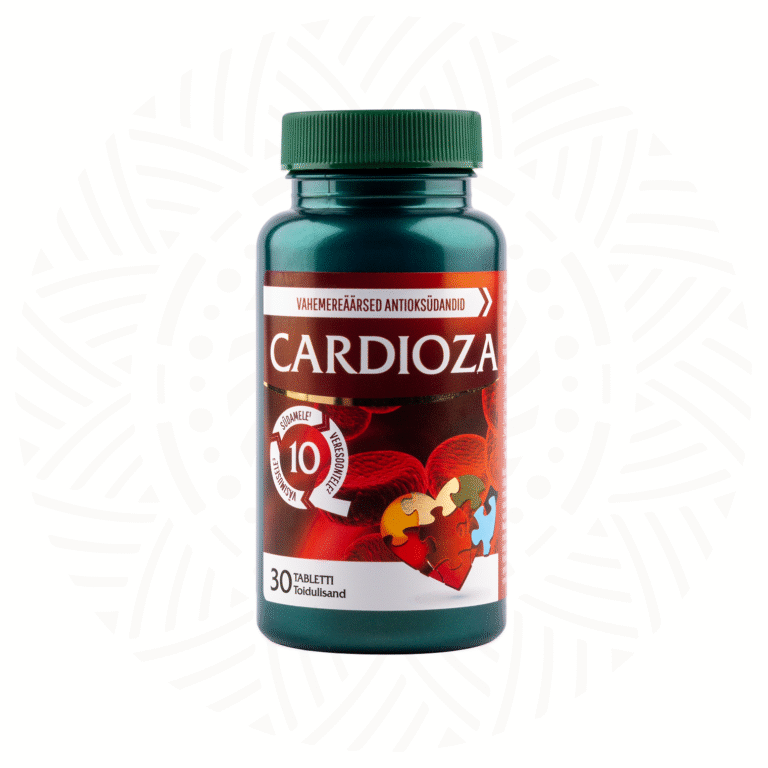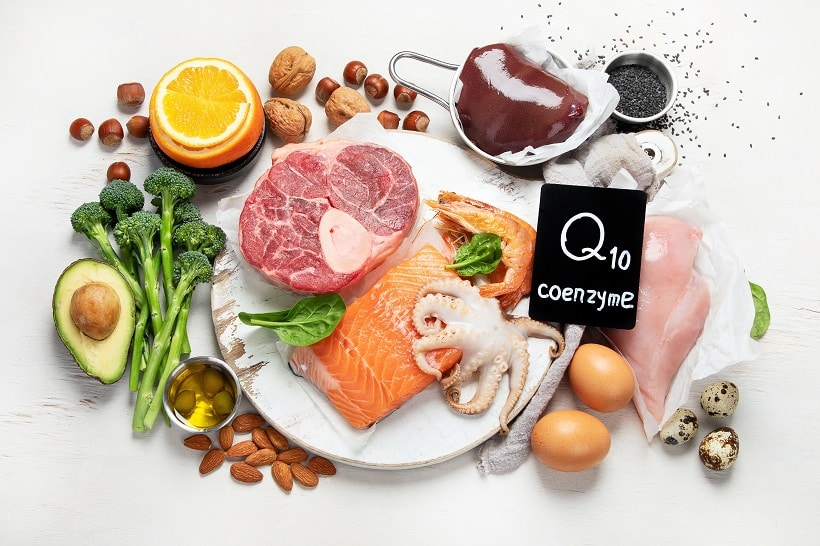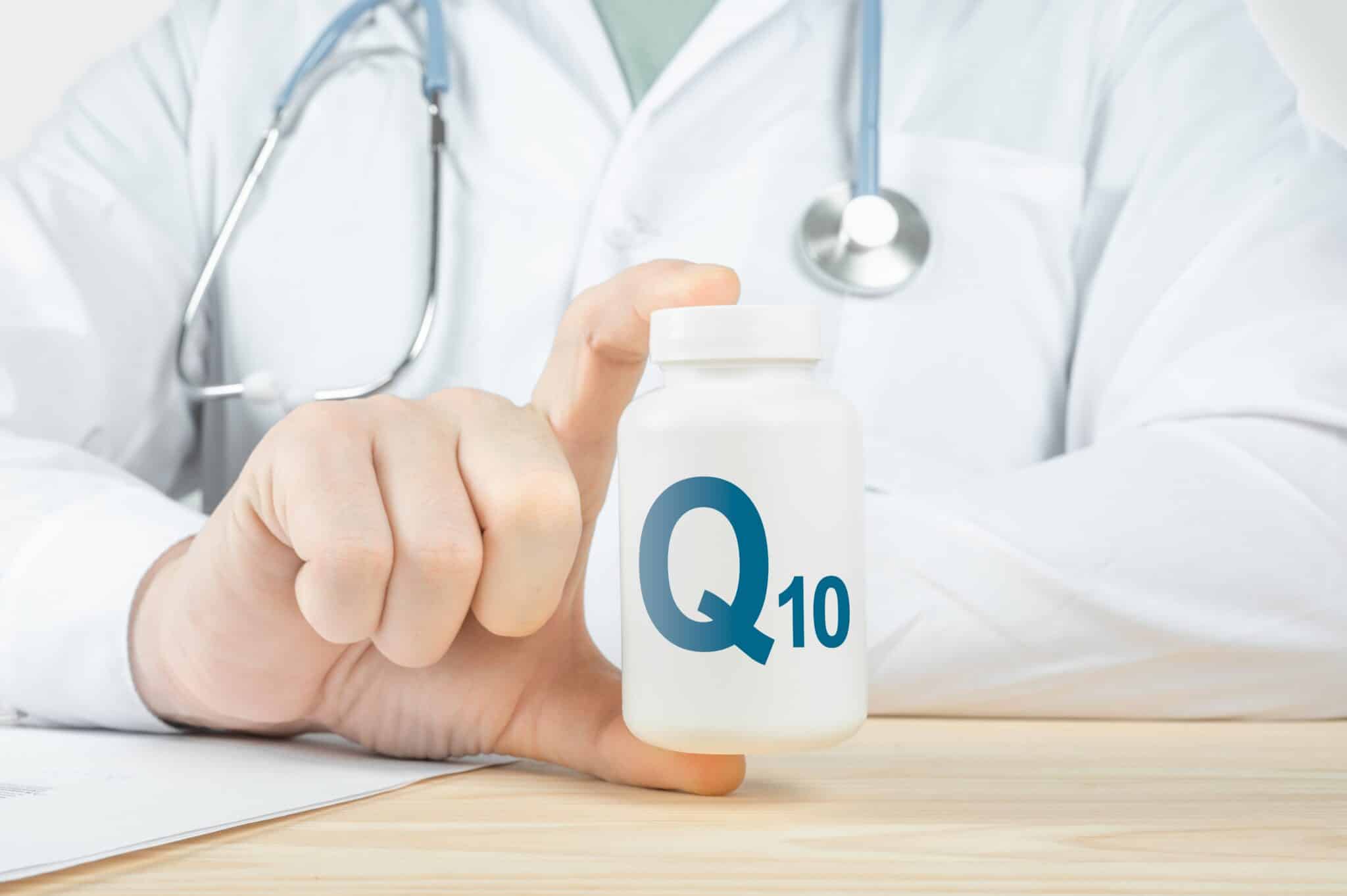It seems that people in the Nordic countries live in constant anticipation of summer, and when it finally arrives, they enjoy every day with a slight fear that it might all end too quickly.
In summer, we all want to “take it a bit easier” – meet friends, have barbecues and garden parties. Summer foods include grilled meat and fish, smoking ovens are in full swing, and ice cream consumption definitely increases. However, during these three months, we should also think about our health. We know that too much fat and sugar is harmful, but fewer people realize that another hidden danger lurks in our food – salt.
The issue of salt also needs to be examined closely because salt contains a large amount of sodium. And too much sodium poses a serious health risk. Salt, like sugar, is an addictive substance. The more salt we add to our food, the more we crave it. However, excessive salt consumption over time leads to serious health risks.
What happens to our body when it consumes too much salt daily?
- The kidneys are overburdened because excessive salt intake makes us consume large amounts of liquid.
- Swelling occurs because salt retains water in the body.
- When the amount of fluid in the body increases, blood volume in the blood vessels also rises, leading to high blood pressure. Over time, this can result in strokes and heart attacks.
- Excessive salt consumption leads to a deficiency of potassium, a mineral essential for heart health, because the body must constantly deplete its potassium reserves to eliminate excess sodium.
A study published in The New England Journal of Medicine in 2010 („Global Sodium Consumption and Death from Cardiovascular Causes“) revealed that excessive salt consumption causes as many as 1.65 million deaths from cardiovascular diseases worldwide each year. By now, this number may be even higher, as per capita salt consumption has increased. A noteworthy fact is that among Georgians, renowned masters of shashlik, this number was the highest.
The optimal daily salt intake is 5 grams.
The maximum allowable daily intake is 6 grams, or one teaspoon of salt from all consumed foods combined. 80% of modern excessive salt consumption is related to processed foods, particularly in summer, with various grilled products.
Next time you grill, check the product’s salt content. If it exceeds one gram per hundred grams, that is clearly too much. 20% of daily salt intake comes from adding salt during cooking. Every time you add salt, think about your heart! It is also good to know that reducing salt intake by up to 30% goes unnoticed by our taste buds.
Recommendations for reducing salt consumption:
- Whenever possible, cook your own meals, as ready-made foods contain high amounts of salt.
- When cooking, prefer seasoning with spices and avoid excessive salt.
- Before adding salt, always taste the food first.
- Avoid eating or offering salty snacks.
- Replace salty grilled or smoked foods with fresh vegetables or fruits whenever possible.
- If you decide to grill store-bought products, always check their salt content!
